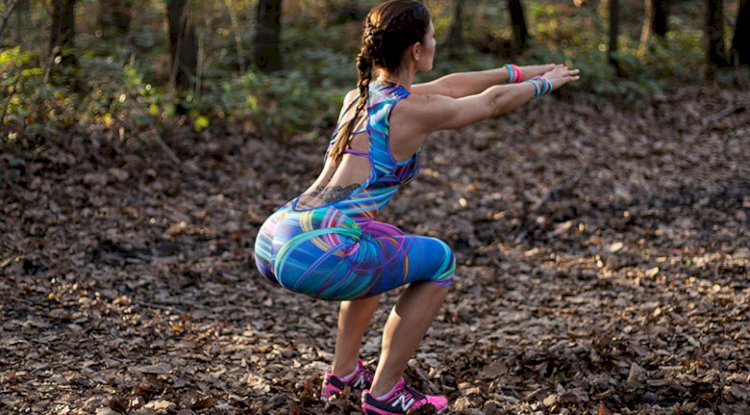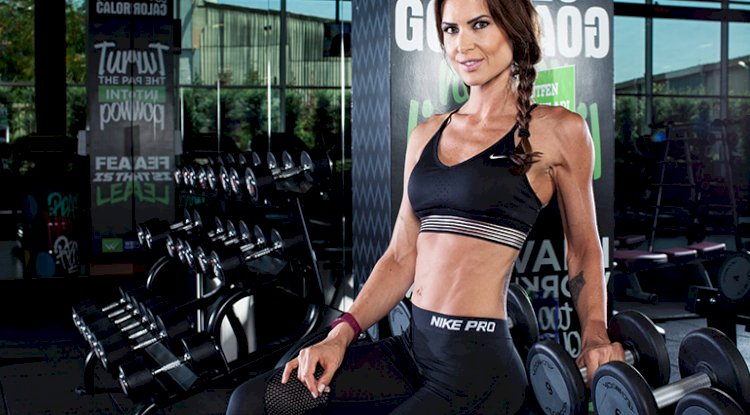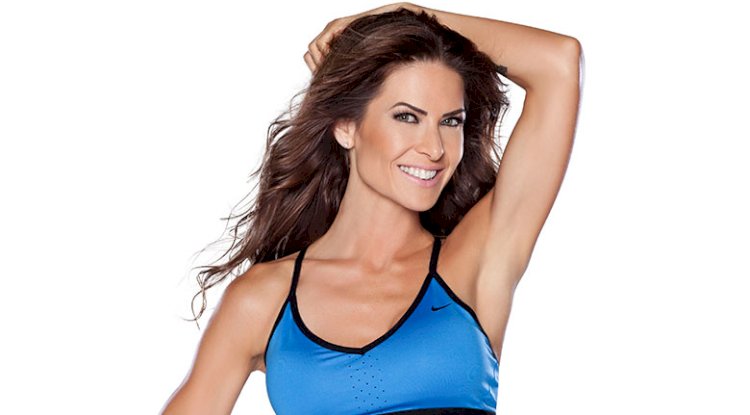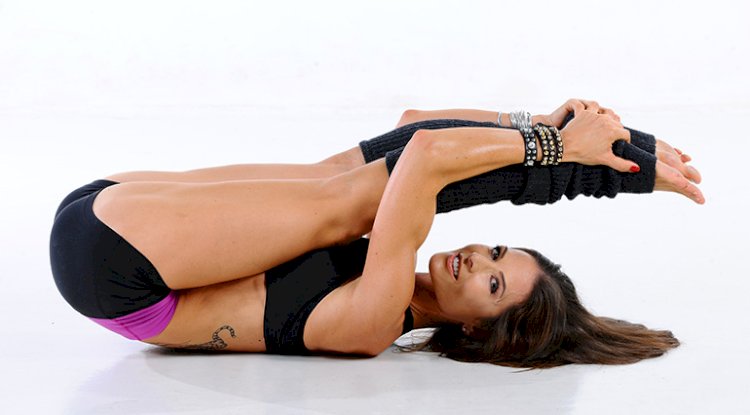Knee pain after Squating
You should never have knee pain after squatting. If you do, you definitely do something wrong, please read on.
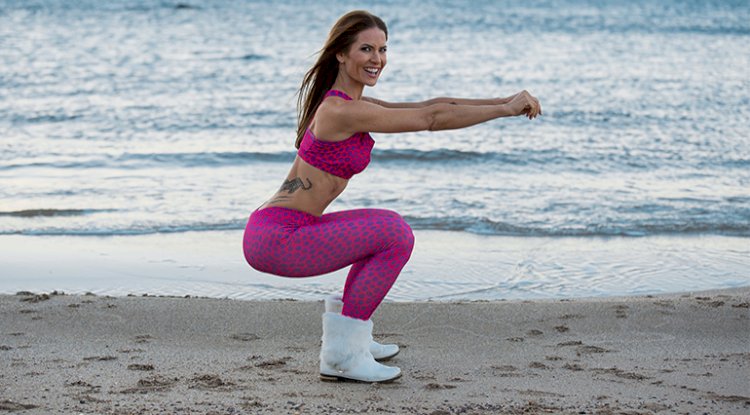
I have lots of followers who complain about knee pain after squatting. They swear they do the exercise correctly, but let me assure you: If you do your squat right, you won’t have pain. That is if you are a healthy individual who doesn’t have a history of knee pain or injury of course.
Here are a couple of common mistakes that lead to knee pain during squatting. Please read carefully and control yourself in the mirror when you do your next set.
OUTPOINTING TOES: Your toes are pointing outward because you were told that this helps you to keep your balance. This is actually true but you also put your lower joints at risk because you lose hip stability since your thigh bone starts to externally rotate. Have your toes point straight forward in order to stabilise your joints and have your trunk and hips engaged at maximum.
WEIGHT ON TOES: Instead of pushing back up through your heels, your body weight is on your toes. This happens a lot when people are lifting more weight than they actually should. Don’t do your squats with extra weights if you are not an expert already.
HIPS & KNEES MOVE FORWARD OR INWARD: The squat is an exercise that engages almost your full body. People who have week gluteus muscles (that’s basically your butt muscles) may cave inward at the knees when squatting. Press your knees out to fix this problem.
OVERWORKED THIGHS AND BACK: When you lack proper core and hip strength, you may compensate by having your thighs and lower back do all the work. If you feel that this is your problem, you should do exercises to strengthen your abs, glutes and hamstrings.
TRUNK COLLAPSES FORWARD: Lots of people lean too much forward when performing their squat, causing a misbalance which ends up with knee pain. Always lift your chin and look straight forward when dropping into a squat. Stretch your arms out for balance.
To sum it up: Squats are not bad for your knees and you shouldn’t suffer any pain as long as you do your squat correctly. Muscle imbalances are the real problem and they can be fixed if you strengthen week muscle groups with extra exercises and make sure none of the above mistakes occur when you perform your squat.




